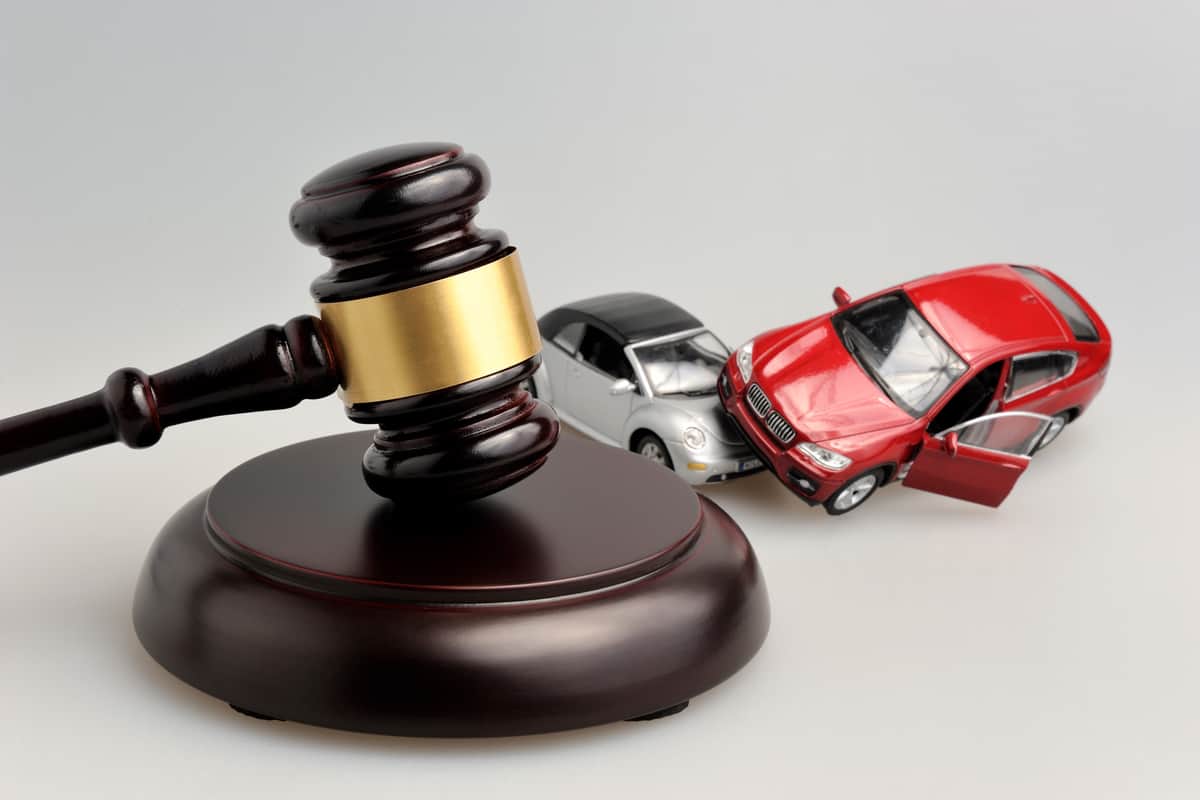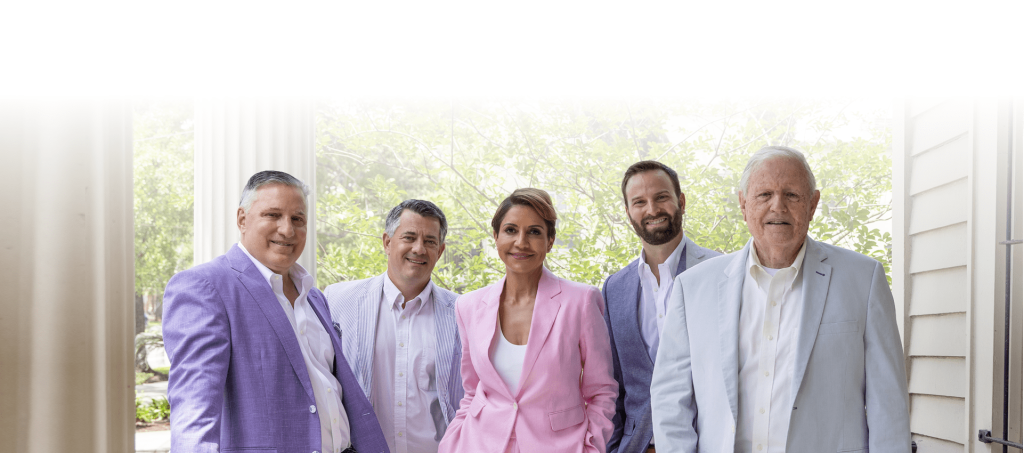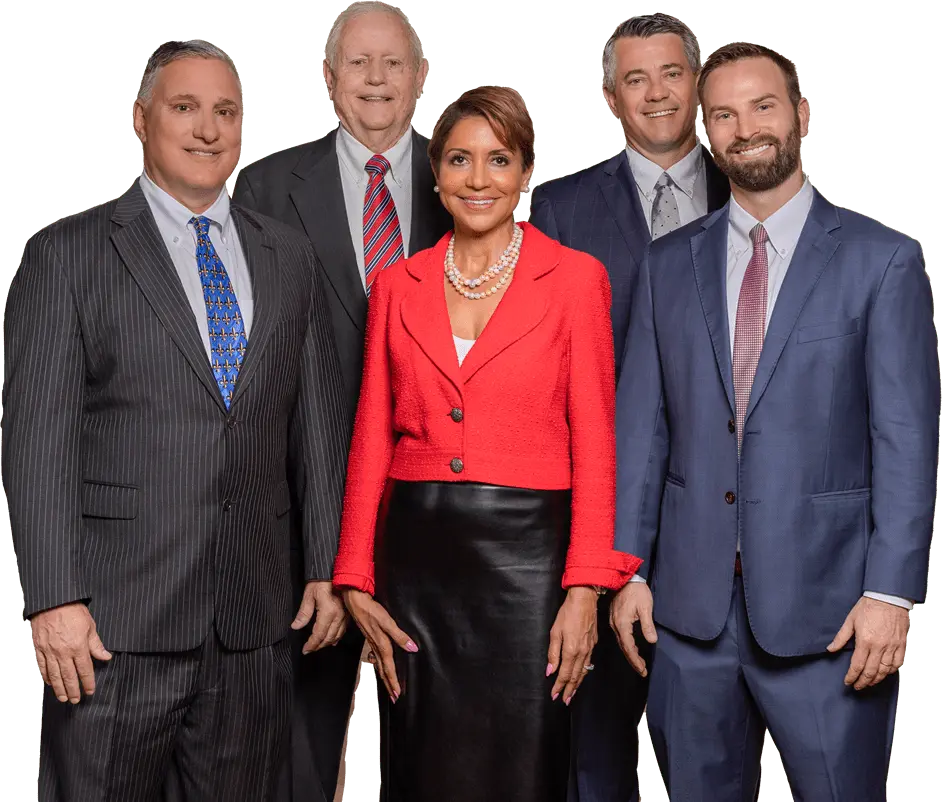
Partner at Charbonnet Law Firm LLC
Practice Areas: Car Accident, Slip-and-Fall, Work-related Injury

Car accidents can happen to anyone, and the aftermath can be confusing, especially when determining who is responsible. In Louisiana, the driver who causes the accident is typically financially liable for the resulting damages, but sometimes, it’s not that simple. Multiple parties might share liability, or the at-fault driver may not even own the vehicle involved. In this guide, we’ll help you understand how liability is determined in a Louisiana car accident and who may be financially responsible for your injuries and losses.
If you’ve been injured in a car accident, it’s important to consult with a Louisiana car accident lawyer to protect your rights and maximize your compensation. This guide provides a starting point until you’re able to speak with an attorney.
Louisiana operates under an “at-fault” system, meaning that the driver who causes the accident is typically responsible for the damages. In most cases, that driver’s insurance policy will cover medical expenses, property damage, and other losses. However, liability isn’t always as straightforward as it seems.
Louisiana is an “at-fault” state, meaning that the person responsible for causing the accident is financially liable. The at-fault driver’s insurance policy is expected to cover the damages, including medical bills, lost wages, and repairs. The state’s minimum insurance requirements are:
While these limits provide a baseline, serious accidents often involve costs well beyond these minimums. That’s why it’s important to explore all potential sources of liability to ensure full compensation for your losses.
In many car accident cases, the at-fault driver might not actually own the vehicle. If you’re injured in an accident where the driver doesn’t own the car, you might be wondering who is liable: the driver or the vehicle’s owner. The answer depends on several factors.
In Louisiana, car insurance typically follows the vehicle, not the driver. This means that if someone else is driving a vehicle and causes an accident, the owner’s insurance policy will generally cover the damages—up to the policy limits. However, there are exceptions to this rule.
For instance, if the driver did not have permission to use the car, or if the owner knew the driver was incompetent, the liability could shift.
Several factors can influence whether a car owner can be held liable for an accident, even if they weren’t driving.
If the driver did not have express or implied permission to use the vehicle, the owner may not be liable for damages. This typically occurs in cases of theft, but it can also apply when a family member or friend takes the vehicle without the owner’s knowledge.
In these situations, the owner’s insurance company is likely to deny the claim.

If an unlicensed driver is operating the vehicle, liability becomes complicated. If the car owner knew—or should have known—that the driver didn’t have a valid license, they might share some responsibility for the accident.
Many insurance policies also have exclusions for unlicensed drivers, meaning the owner’s policy might not cover the accident at all.
Car owners are generally not responsible for accidents caused by drivers under the influence of drugs or alcohol, unless the owner knowingly allowed the intoxicated person to drive the vehicle. If the owner was aware of the driver’s intoxication, they could be held partially liable under a theory known as “negligent entrustment.”
If a car owner lets someone drive their vehicle knowing that person is incompetent—whether due to inexperience, age, illness, or a history of reckless driving—they could be held liable for the accident under the legal theory of negligent entrustment.
This holds true if the owner knew the driver was unfit to drive and still allowed them to operate the vehicle.
When an accident occurs, it’s crucial to report it to your own insurance company, even if you’re not at fault.
Many policies require prompt notification, and this also ensures you can benefit from any add-on coverage, such as medical payments or uninsured/underinsured motorist (UM/UIM) coverage.
Filing an insurance claim can become complicated when the at-fault driver isn’t the car’s owner. Insurance companies for both the driver and the owner may argue over who is financially responsible, with each trying to avoid paying the claim.
This back-and-forth can lead to delays in receiving compensation, which is why having a skilled attorney on your side can be invaluable.
If the at-fault driver or car owner has insufficient insurance to cover your damages, your uninsured/underinsured motorist (UM/UIM) coverage may apply.
UM/UIM is mandatory in Louisiana unless waived in writing, so you likely have this coverage to help make up the difference if the other party’s insurance falls short.
Sometimes, it’s not just the driver or car owner who may be liable for an accident. Other parties might share responsibility, depending on the circumstances.
If the driver was operating a company vehicle or driving while performing work duties, the employer may be held responsible for the accident. Businesses are required to carry insurance for their fleet of vehicles and employees.
In these cases, the employer’s insurance may cover the damages, or you might need to file a lawsuit against the business.
If poor road conditions, such as potholes, sinkholes, or missing traffic signs, contributed to the accident, you may have a claim against a government entity responsible for maintaining the road.
Holding a government entity liable can be complex, but it is possible if negligence in road maintenance played a role in the accident.
In rare cases, a defective vehicle or faulty part may be to blame for the accident. If a mechanical failure caused the crash, you may have grounds to file a claim against the car’s manufacturer, the dealership, or another party involved in producing or selling the defective part.
If a known defect caused the issue and the owner didn’t address it, they might also share liability.
Navigating the complexities of liability in a Louisiana car accident can be challenging, especially when multiple parties are involved. A skilled car accident lawyer can help you identify all the liable parties and ensure you pursue the compensation you deserve.
When multiple parties are involved, insurance companies may try to shift the blame to avoid paying your claim. An attorney can help you gather evidence, handle negotiations with insurance companies, and ensure you’re not left shouldering the financial burden.
Identifying all parties who may share liability increases your chances of recovering the full amount of compensation you deserve. An attorney will thoroughly investigate your case and build a strategy to hold all responsible parties accountable.
At Charbonnet Law Firm, we understand how overwhelming a car accident can be, especially when liability is unclear. Our experienced team is here to help you navigate the complexities of your case and fight for the compensation you deserve. We have a proven track record of success in car accident cases, and our clients consistently praise our dedication and results.

Don’t wait to get the help you need. Contact Charbonnet Law Firm today for a free consultation, and let us put our expertise to work for you. Call us at 504-294-5118 or visit our website to schedule your appointment and learn more about how we can assist with your case.

With over 50 years of legal experience serving families in the New Orleans area and surrounding Louisiana communities, our firm takes pride in providing clients with personalized legal services tailored to individual needs.